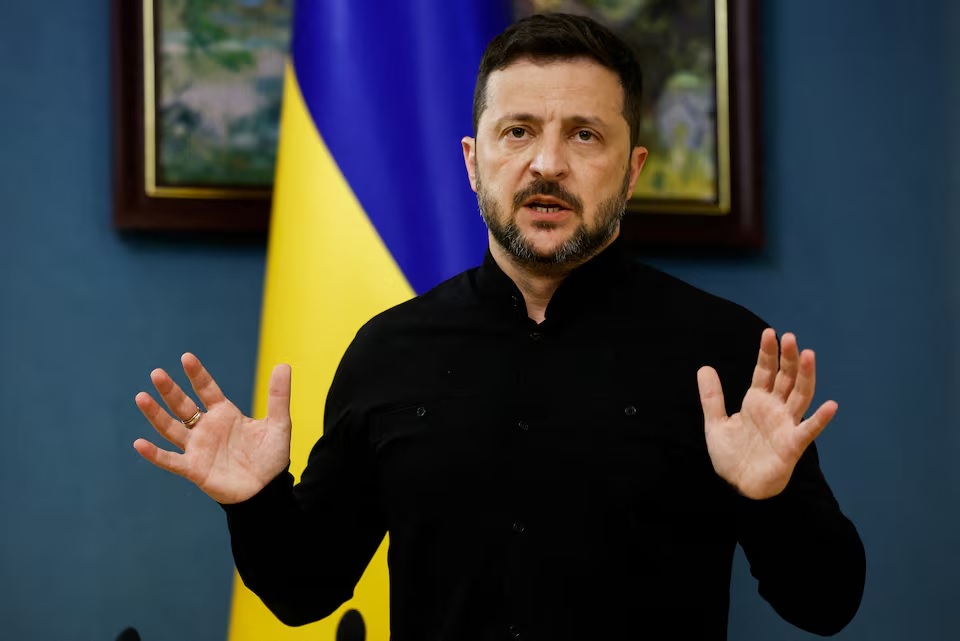Ukrainian President Volodymyr Zelenskiy has urgently called upon Western allies to elevate discussions on long-term security guarantees to the highest political level. Speaking on Friday, Zelenskiy stressed the critical need to swiftly finalize a clear, “NATO-like” architecture of commitments to protect Ukraine from future aggression, explicitly stating that U.S. President Donald Trump should be directly involved in these pivotal talks. This diplomatic push aims to secure a durable peace settlement and ensure that past failures, like the unfulfilled 1994 Budapest Memorandum, are not repeated.
The urgency of these talks was underscored by a meeting in New York between Zelenskiy’s chief of staff, Andriy Yermak, and U.S. special envoy Steve Witkoff. Yermak detailed the devastating aftermath of a recent Russian mass attack on Kyiv that killed 25 people, arguing it proved Moscow’s unwillingness to seek peace. Concurrently, European Union defence ministers, meeting in Copenhagen, pledged “broad support” for a significant expansion of the bloc’s military training mission to operate inside Ukrainian territory in the event of a ceasefire, a move Russia has consistently opposed.
The diplomatic landscape remains complex. While Zelenskiy awaits the outcome of Trump’s self-imposed two-week deadline for new anti-Russia measures, Moscow has dismissed the agenda for any potential summit between Putin and Zelenskiy. Meanwhile, Ukrainian officials are working on multiple fronts, with Prime Minister Yulia Svyrydenko meeting U.S. business representatives in New York to discuss vital investments, seen as central to the country’s post-war recovery and stability.
The broader Western strategy appears to be consolidating around a multi-faceted approach: applying sustained pressure on Russia, building a robust framework of legally binding security guarantees for Ukraine ratified by parliaments, and enhancing military support. This effort was further evidenced by new Franco-German plans for deeper security cooperation, including a joint missile early-warning system, signaling a European commitment to a more unified and resilient defense posture in the face of ongoing threats.














